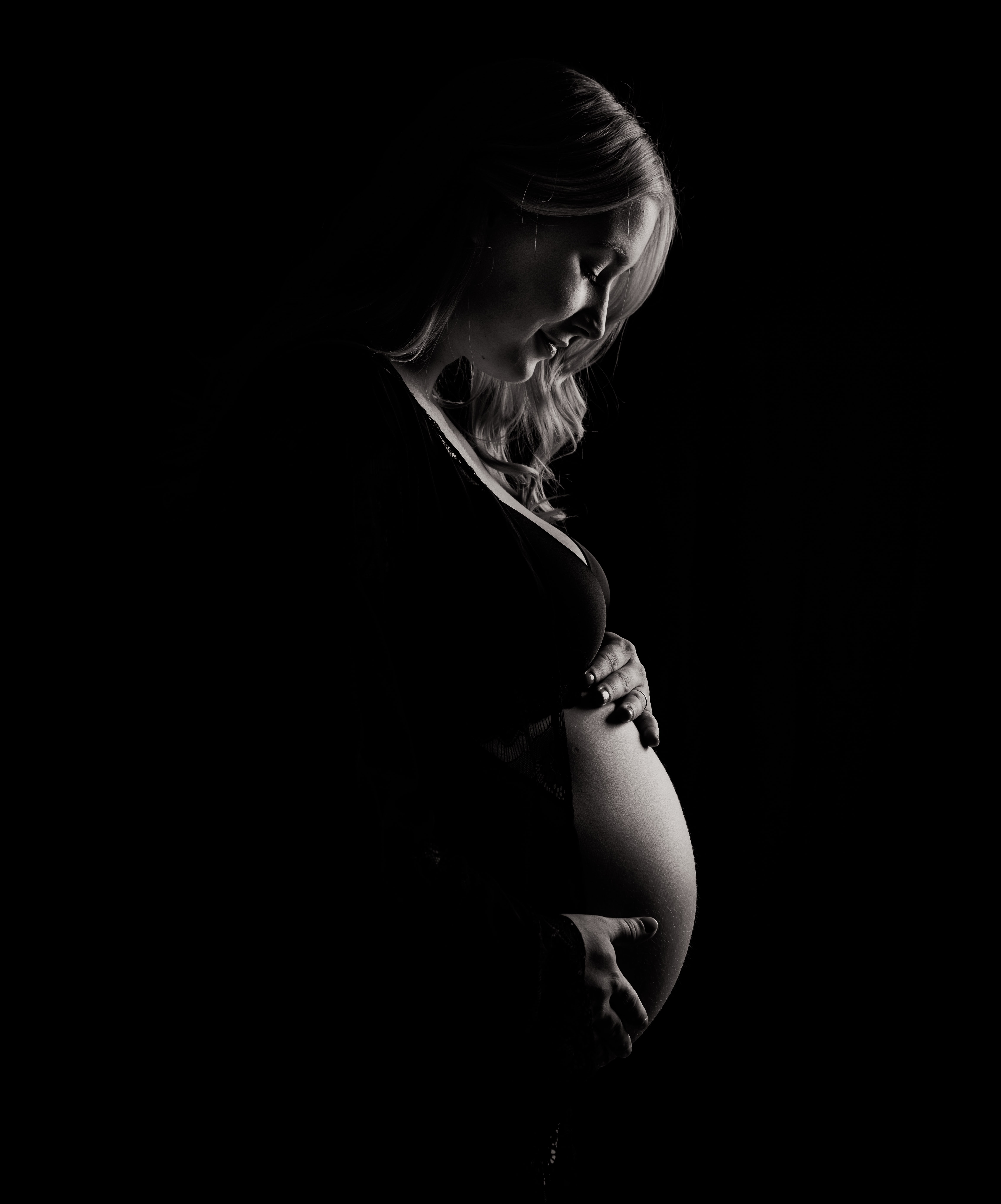Pregnancy is an incredibly beautiful journey, but can also be quite confusing as your body undergoes several hormonal and physiological changes during pregnancy. During the first trimester, you’ll likely experience frequent urination, skin changes aka the ‘pregnancy glow’, breast changes, and vaginal changes. All females, irrespective of whether they’re pregnant or not, experience some discharge from their vagina. However, the amount of discharge varies during different phases, and you might observe more discharge than usual when you’re pregnant. You may notice an increase in vaginal discharge during pregnancy, and it is completely normal.
What Does White Discharge During Pregnancy Mean?
White discharge during pregnancy isn’t a cause for concern. In fact, an increase in vaginal discharge can be one of the earliest signs of pregnancy. Normal vaginal discharge, known as leukorrhea, is a mild-smelling or odourless discharge that can be clear or milky white in colour. The increase in vaginal discharge during pregnancy is because of elevated levels of estrogen and an increase in blood flow to the vaginal area. During pregnancy, as the cervix and vaginal walls soften, your body produces more vaginal discharge to minimize the risk of infections traveling up from the vagina to the womb.
Symptoms Of Discharge In Pregnancy

Normal vaginal discharge that is thin, clear, or milky white, and is mild smelling, is common during pregnancy. Meanwhile, in the last weeks of pregnancy, you may notice a discharge with thick mucus that may be tinged with a small amount of blood, called ‘show’. This isn’t a cause for concern as it is a common symptom during the end of pregnancy and is an early sign of labor. While white discharge during pregnancy is normal in most cases, it is important to consult your doctor if you notice any abnormal discharge. Below are some signs of abnormal discharge:
- Vaginal discharge that’s green, grey or yellow in colour
- Has foul and strong smell
- Causes pain or itching
- If discharge is accompanied by redness or vulvar swelling
An abnormal discharge may be a sign of infection, and may sometimes also be indicative of a possible pregnancy complication. This is why, it is best to consult a doctor if you observe abnormal discharge, and get it checked.
Causes Of Vaginal Discharge During Pregnancy
Healthy vaginal discharge during pregnancy (leukorrhea) is usually normal, and you may notice that its volume increases throughout pregnancy. As mentioned above, the increased estrogen levels cause excess discharge which eventually helps prevent infections. Milky white or clear discharge is usually not a cause for concern, but there may be various other possible reasons that can cause abnormal vaginal discharge during pregnancy. It is best to contact your doctor if:
- You notice vaginal discharge that’s lumpy and either white or off-white in colour, pain with urination or intercourse, itching, burning, or soreness. These can be signs that you have a yeast infection.
- You notice thin white or gray vaginal discharge with a fishy smell that gets stronger after intercourse. This could indicate a vaginal infection called bacterial vaginosis (BV) caused due to the change in the normal balance of vaginal bacteria.
- You’re not 37 weeks along and notice excessive discharge that is very watery. It you’re continuously leaking watery fluid it could be a sign of preterm labor, in which case, it’s important to have it checked out by your doctor.
- You notice yellow or green discharge with foul odour. It may indicate trichomoniasis, a sexually transmitted infection (STI).
- If you notice changes in the smell, odour or consistency of the vaginal discharge during pregnancy, it’s always better to play it safe and consult your doctor.
How To Deal With White Discharge During Pregnancy?

While white discharge during pregnancy is normal, it might get annoying when you notice the occasional wetness or staining in your underwear. If that is the case, below are a few pointers that can help you deal with white discharge during pregnancy.
- Changing underwear or bathing more frequently may help you feel cleaner.
- You can use panty liners or pads to help you feel comfortable.
- Remember that you shouldn’t use a tampon or douche during pregnancy for any reason.
- Furthermore, avoid using ‘feminine hygiene’ products, scented wipes, vaginal deodorants or any products on your vagina, unless told by your obstetrician.
- Wear cotton undergarments and loose clothes that allow air to pass through.
Related Topics
How To Test Pregnancy At Home: Here are some home remedies for pregnancy tests to tell whether you’re pregnant or not. While visiting a doctor and getting your urine and blood tested is the most reliable way to check for pregnancy, these tests can help if you want to simply check pregnancy at home naturally before you take a trip to the doctor.
Things You’ll Relate To If You’re Expecting A Baby: From morning sickness to bloating all the time- here are 11 things that you’ll find oh-so-relatable if you’re pregnant!
Facts You Need To Know About Your Vagina: It’s completely normal to have a dark vagina, and in case you’re worried about how you look down there, here are 4 things you need to know about vaginas.
Myths About The Vagina: Here are 7 of the most bizarre myths about the vagina that you’ve gotta stop believing!
As mentioned above, white discharge during pregnancy is usually normal in most cases, however, it’s important to keep track of any abnormal changes in discharge. At any point, if you’re unsure or concerned about vaginal discharge during pregnancy, it’s best to check in with your doctor/obstetrician.
Featured Image: Unsplash



